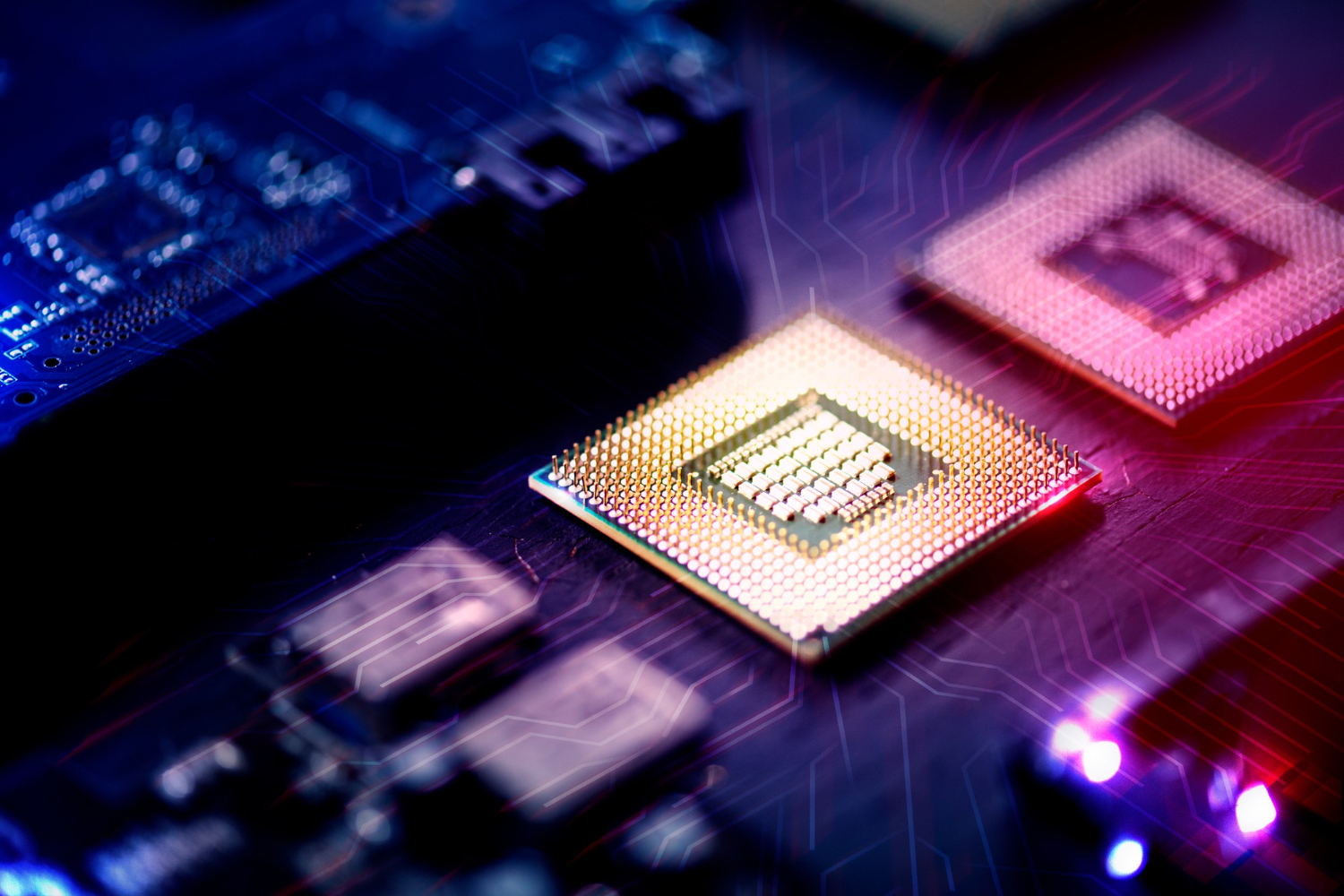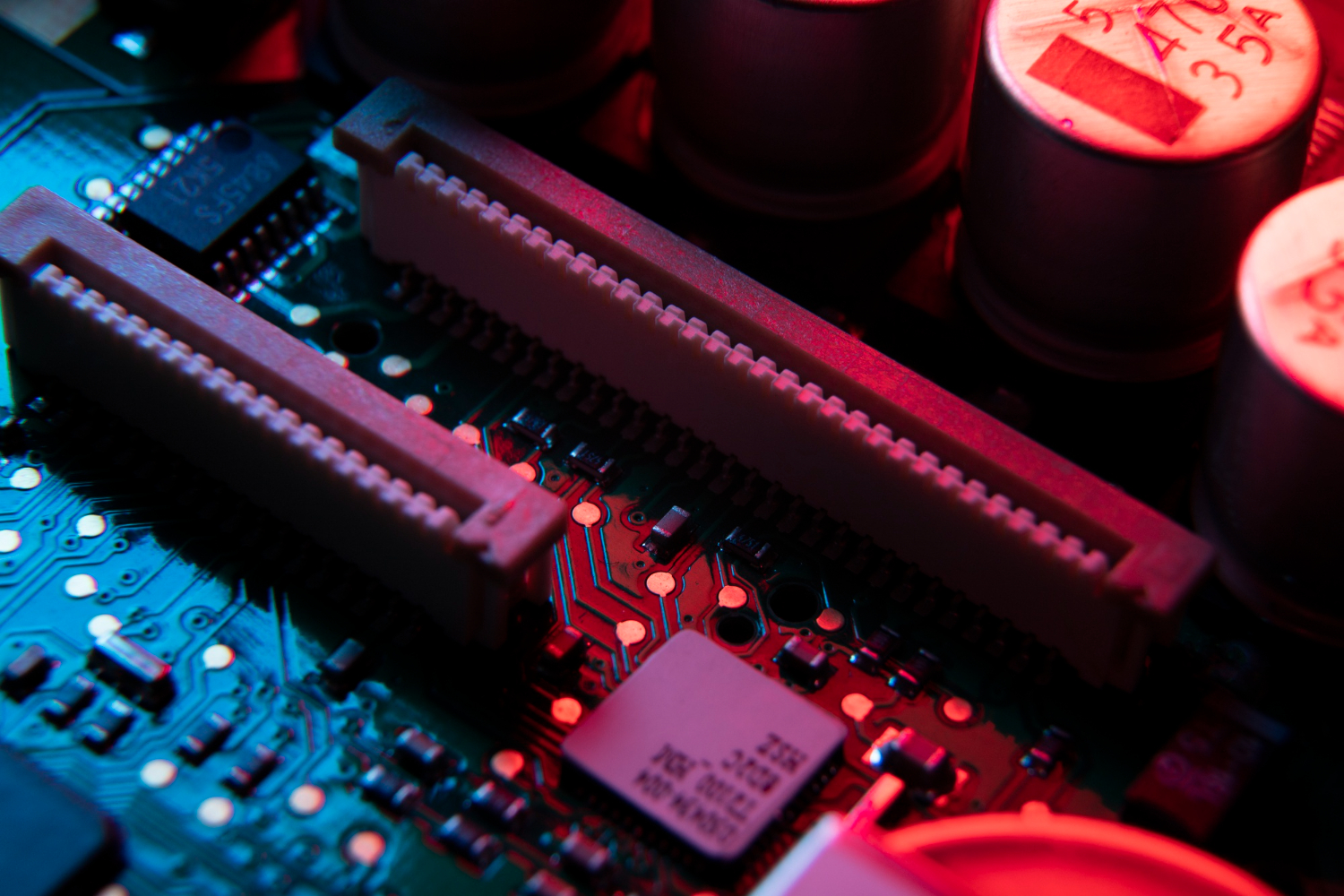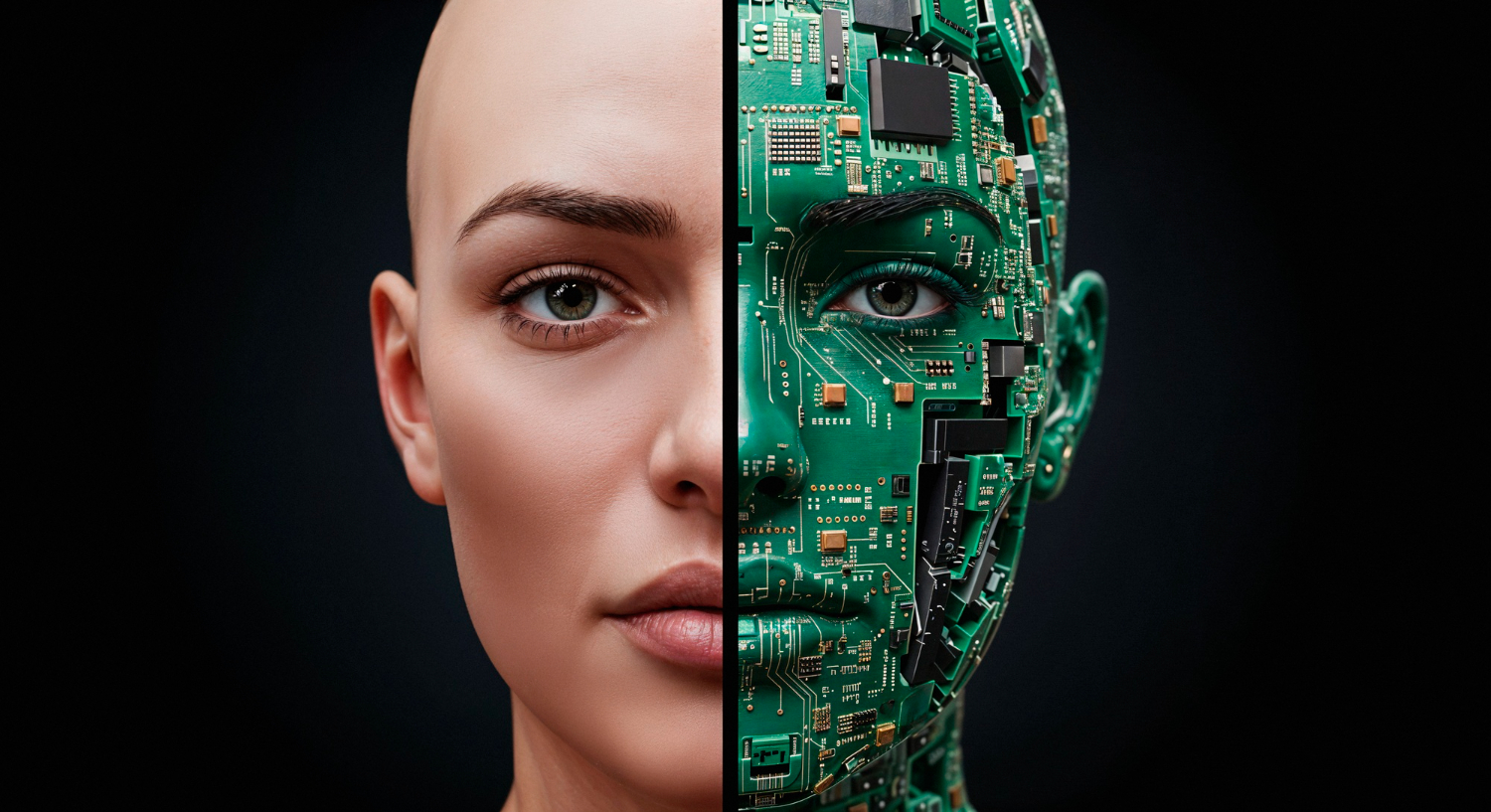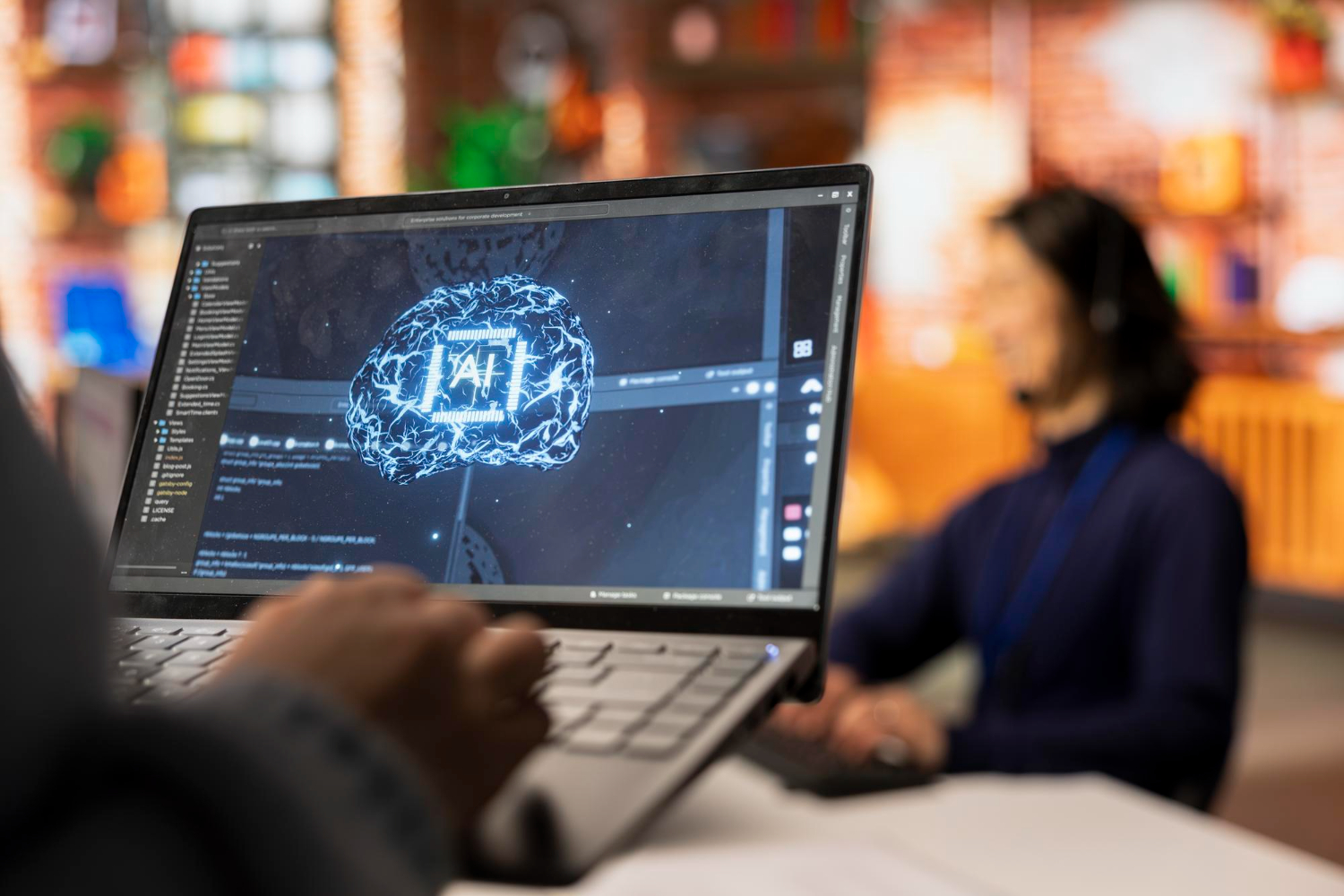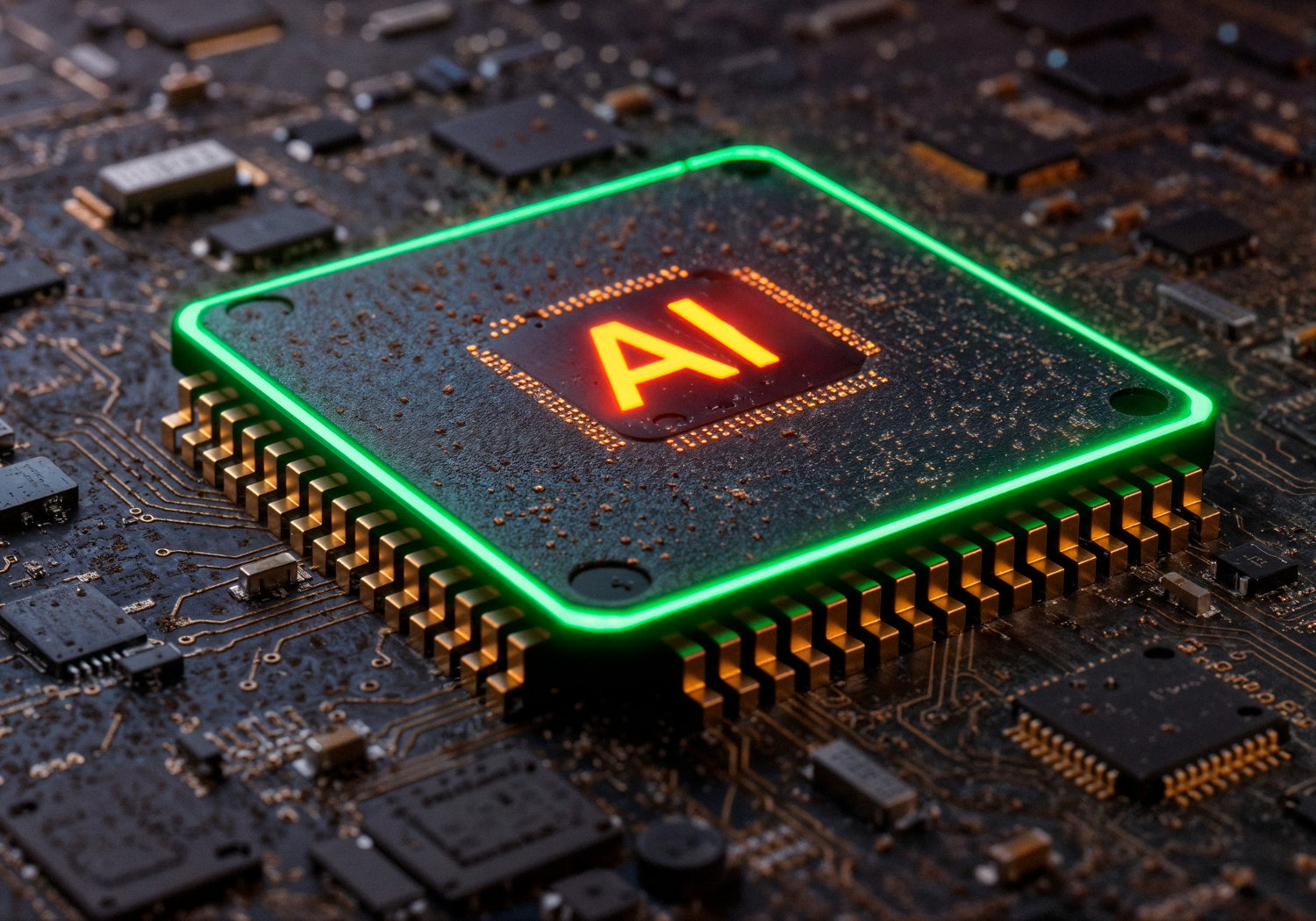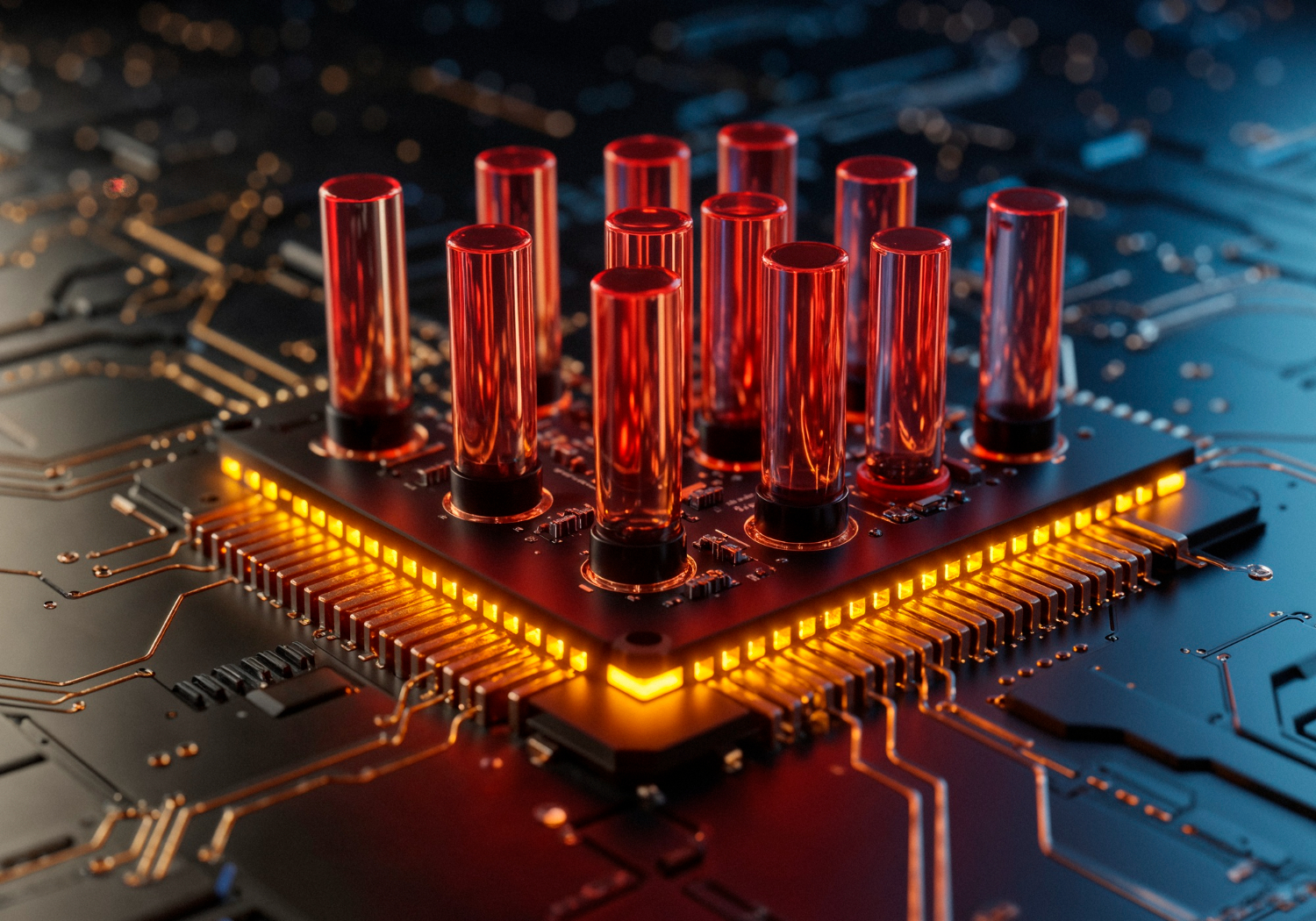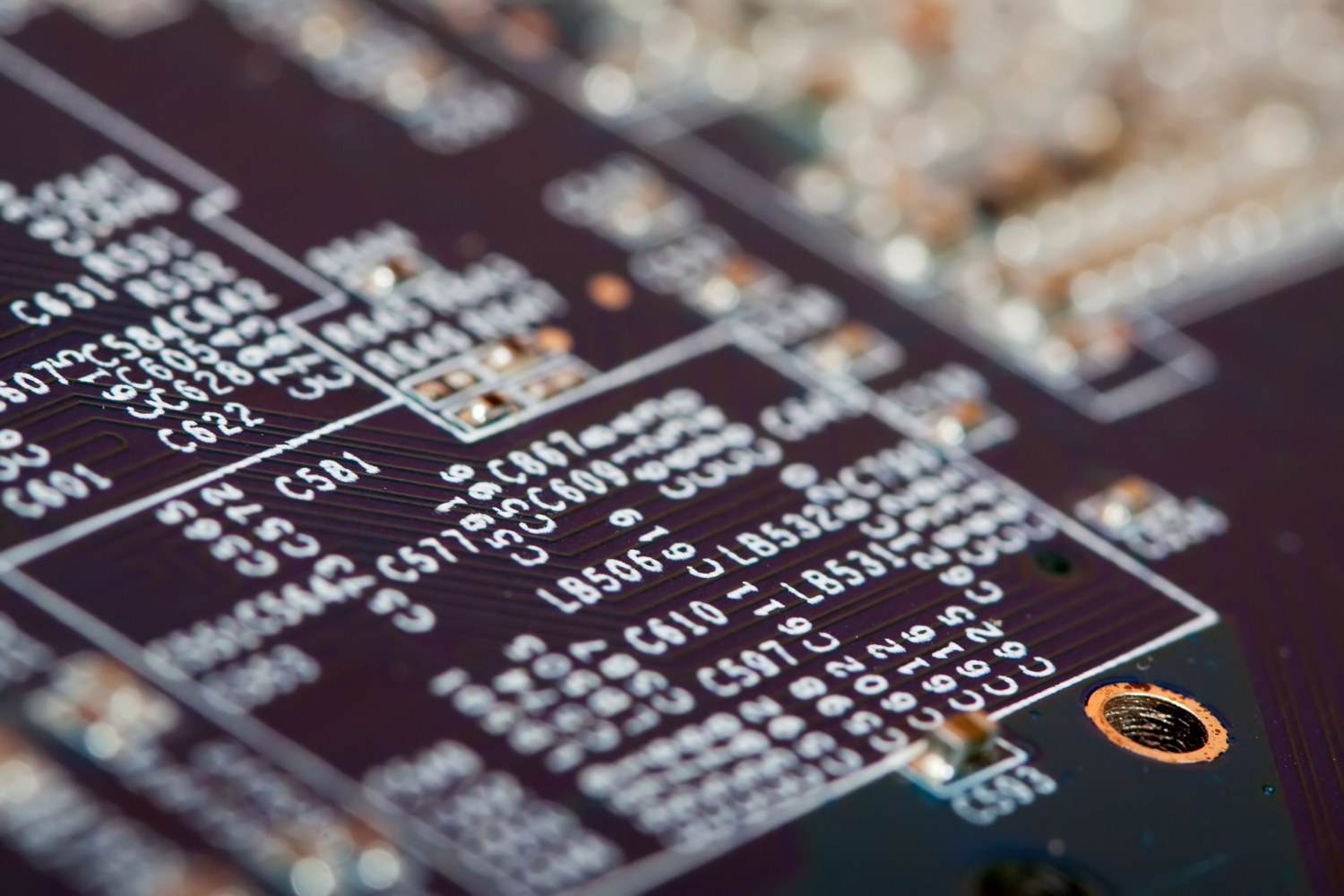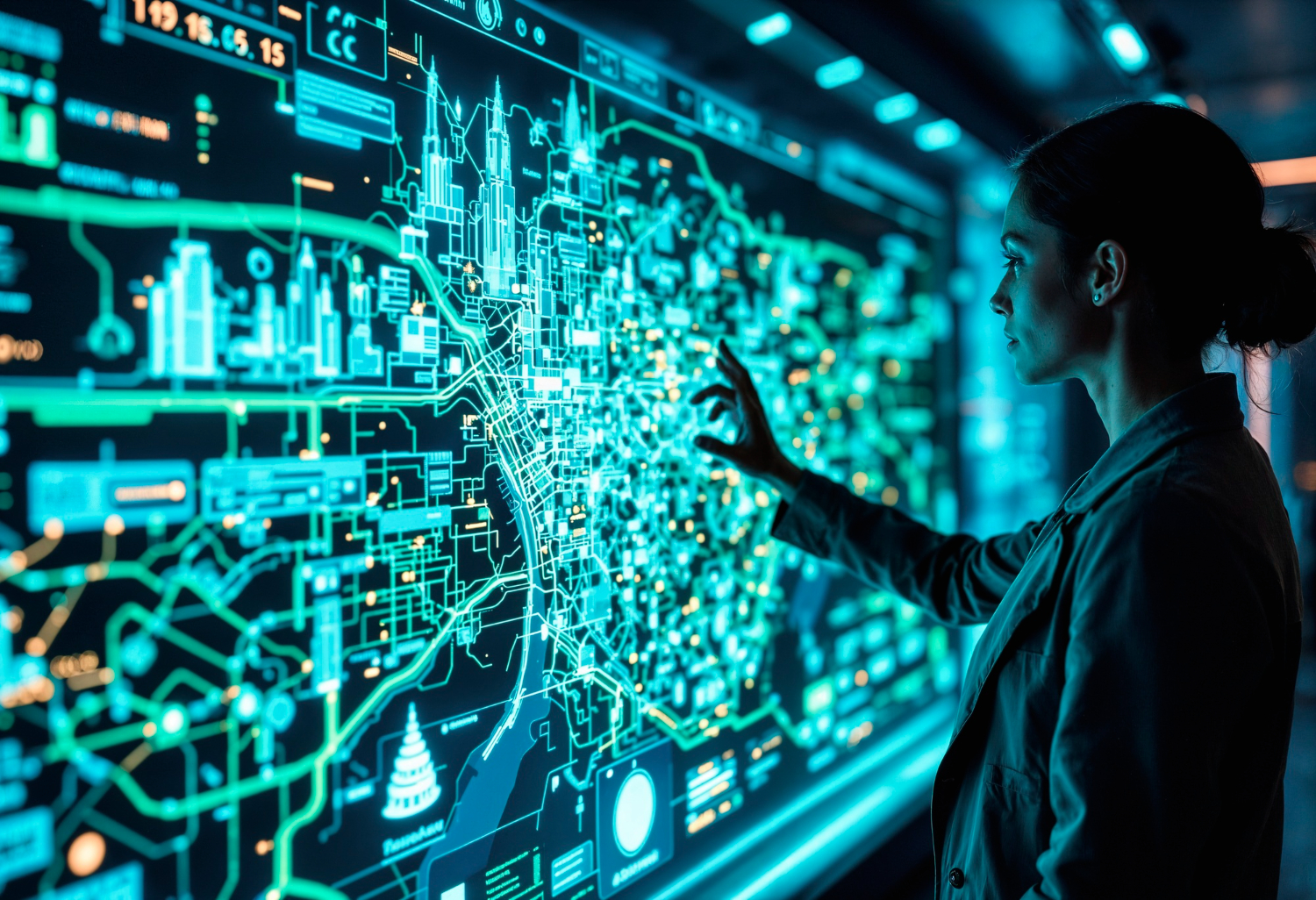Artificial intelligence (AI) is changing how music is played, created and consumed! The latest report shows that AI in the music business is skyrocketing, with a market size set to reach $6.80 billion by 2026. In singing, AI-powered vocal enhancement tools enable real-time pitch correction during live performances. In composing & songwriting, advanced algorithms analyse existing music data and generate new compositions that align with the artist’s vision.
Iconic artists like Drake and The Weeknd are using AI tools to experiment with and create new sounds. Unique and unconventional music is being explored, resulting in innovative musical expression. This introduction provides the use cases highlighting the synergy between human creativity and AI-driven innovations.

Use Cases
From virtual singers to vocal coaches, AI-created music is reshaping the singing landscape, offering new possibilities for artists and producers. Streaming services like Warner Music, Apple Music, and Universal Music Group are embracing AI technologies to automate music production processes and discover new talent.
Vocal Enhancement & Synthesis
The music industry’s embrace of AI technology has reached a market valuation of USD 229 million in 2022. Growth is estimated to accelerate at a 28.6% Compound Annual Growth Rate (CAGR), registering an incremental revenue of USD 2.6 billion by 2032. Antares Audio Technologies, creator of world-famous Auto-Tune,, revealed that artists using Auto-Tune during live performances experience increased audience engagement and a notable rise in ticket sales.
Live Pitch Correction in Concerts
Suppose you’re attending a live concert where your favourite artist delivers an unforgettable performance. But what happens if they hit a sour note? That’s where graphics processing unit (GPU) acceleration steps in, providing needed computational power for real-time pitch correction during live performances. GPUs are high-speed processors designed to handle complex computations in parallel.
In live concerts, real-time pitch correction software inspects incoming vocal signals rapidly and adjusts accordingly. GPUs are specifically designed for parallel processing tasks, making them ideal for analysing and processing audio signals simultaneously, which is crucial for live performances where timing is crucial.
Latency, or the delay between input and output, means any noticeable delay in pitch correction can negatively impact the live performance. GPUs help minimise latency by rapidly processing vocal signals and applying real-time corrections. While GPUs are primarily associated with graphics rendering tasks, they are also used in various software applications beyond graphics processing.
During live performances, singers like Beyoncé and Bruno Mars have utilised real-time pitch correction software such as Waves Tune Real-Time. This software, powered by GPU acceleration, allows artists to maintain pitch accuracy and deliver exceptional shows consistently. This integration allows the software to harness the GPU’s computational power for faster and more efficient processing of vocal signals.

Analysing Vocal Performance Metrics
By processing visual data from live performances or recordings, Computer Vision algorithms provide valuable insights to singers & producers, aiding vocal improvement and refinement. It analyses vocal performance metrics like pitch accuracy, vocal timbre, and dynamics.
Computer Vision inspects vocal timbre (the unique quality of someone’s voice), pitch accuracy (how in tune someone sings), and dynamics (how loud or soft someone sings). This helps musicians understand their strengths and areas for improvement in their singing.
VoCo by Adobe Systems uses Computer Vision technology to edit and manipulate recorded speech with remarkable accuracy and ease. Whereas, Vokaturi analyses facial expressions during singing, offering insights into emotional expression and performance quality.

Incorporate Natural-sounding Vocal Effects
By analysing existing vocal recordings, generative AI technology employs advanced techniques to produce natural-sounding vocal effects, like harmonies and textures. It’s like having a virtual assistant that can create new vocal effects based on characteristics of existing vocals.
Consider plugins like VocalSynth by iZotope, which leverage Generative AI to synthesise intricate vocal effects effortlessly. This technology allows producers to experiment with various vocal textures, harmonies, and modulations, unleashing creative possibilities in vocal production.
Vocal Training and Education
Vocal training & education is all about learning how to sing better. AI offers customised solutions, real-time feedback and data-driven insights to singers, to develop their skills and reach their full potential in the music industry. AI-powered technologies like Internet of Things (IoT) edge computing, natural language processing (NLP) and data-driven insights elevate the singing experience worldwide.
Personalised Vocal Training Devices
Imagine having a smart vocal training device that adapts to your unique needs. With IoT edge computing, these devices analyse your voice in real time, offering customised exercises and feedback to help you improve. The device can give you feedback instantly as you’re singing without any delays.
So, when you’re practising with a vocal training app like SINGPRO, the app uses IoT edge computing to listen to your voice, analyse it in real time, and give you personalised exercises and feedback right away. This way, you can improve your singing technique on the spot, wherever you are, without waiting for feedback from a distant server.

NLP for Interactive Voice Feedback
NLP helps computers understand and interpret human language in a way similar to how people communicate. In vocal training apps, NLP algorithms enable conversations between users and AI-powered virtual assistants. These virtual assistants can listen to what you’re saying, understand it, and respond in a way that helps improve your singing skills.
For example, when practising with an app like Vanido, NLP allows you to talk to the virtual assistant just like you would to a real vocal coach. You can ask questions, express concerns, or seek advice on specific aspects of your singing technique. This virtual assistant understands your words and responds with personalised feedback and suggestions tailored to your needs.
Data-Driven Insights Improving Singing Techniques
To identify trends and patterns in singing techniques, AI algorithms analyse vast amounts of vocal performance like pitch accuracy, vocal range, and dynamics. By analysing these insights, singers and coaches can optimise training programs and achieve better results.
Yousician suggests targeted vocal exercises or practice routines tailored to address the specific areas where a user needs improvement. Users who practise specific vocal exercises consistently demonstrate improvement in certain areas, such as breath control or vocal range expansion.

Vocal Health Monitoring and Management
AI is the key to next-generation vocal health monitoring and management due to the design of advanced algorithms, machine learning models and integration with wearable devices to bring about personalised, proactive care to singers.
Detection of Vocal Strain and Fatigue
In AI-driven vocal health systems, the live data from a singer’s performance is processed in real time. By comparing current vocal patterns with historical samples, the system accurately detects signs of vocal strain and fatigue, even in the most complex performances incorporating different styles and music genres. Let’s say Jane applies a vocal health monitoring application during her rehearsal sessions.
While she practises, the app continuously analyses her vocal performance, capturing parameters like pitch stability, vocal intensity, and vibrato rate. The app detects a decrease in pitch accuracy and increased vocal intensity beyond Jane’s typical range, indicating potential vocal strain. These data points are measured against baseline recordings during optimal vocal health conditions.
By providing real-time feedback on vocal health, singers can better understand and manage their vocal strain and fatigue, improving vocal performance and maintaining a long-term singing career. Moreover, it is a valuable resource for vocal coaches, educators, and healthcare professionals in promoting vocal health and preventing vocal injuries among singers.
Integration with Health Wearables for Comprehensive Health Analysis
Let’s say Jane syncs her vocal health monitoring app with her smartwatch, which tracks additional health parameters such as heart rate variability and sleep quality. The app correlates this data with Jane’s vocal performance metrics to comprehensively analyse her overall health and its impact on vocal well-being.
Integration with the smartwatch allows the app to identify correlations between Jane’s physiological state, such as elevated stress levels or insufficient rest, and episodes of vocal strain. This holistic approach enables Jane to make informed lifestyle adjustments to support her vocal health.

Benefits
- Perfect Pitch: Imagine hitting each note perfectly at a live concert. Such vocal enhancement software allows singers to fix the pitch immediately while they are on stage, which leads to straighter and more guaranteed performance.
- Endless Creativity: AI isn’t only about correcting; it’s about creating too. Advanced algorithms can analyse existing music data and generate new compositions, providing artists with fresh inspiration and ideas.
- Accessible Learning: AI-driven websites you may use for singing classes can be accessed in your bedroom or anywhere. Gather reviews, refine your talents, and polish your vocals while at your home in a private environment
- Personalised Music Production: AI-driven platforms offer accessible tools for aspiring singers to practise, receive feedback, and improve their vocal skills remotely.
- Exploration of New Sounds: AI allows musicians to experiment with a whole range of unconventional sounds and styles, creating thrilling new and innovative music.
Challenges
- Authenticity Concerns: There will be listeners who will question the genuineness of artistically modulated vocals, and there will be arguments about the importance of human emotions and sentiments in music-making.
- Ethical Considerations: There are many ethical concerns regarding copyright belonging, leading to AI-generated music ownership and human musicians’ jobs elimination.
- Overreliance on Technology: The intensive use of AI tools for vocal processing and composition may induce a reduction in the degree of human creativity and naturalness, which are a significant part of music.
- Technical Limitations: AI algorithms can still be failure-prone, at times imprecisely replicating the human singing that contains so many complications and subtleness of emotions and vocal performance.
- Bias in Algorithms: AI algorithms can reproduce the bias based on the training data, which may be unfair to different people or even cause stereotyping.
What Can Technolynx Offer You as a Software Company?
TechnoLynx specialises in developing customised AI solutions. Our advanced AI technologies can leverage Computer Vision, Generative AI, GPU performance engineering, and IoT edge computing to redefine various industries. We aim to support individuals in various stages of their creative process, regardless of their specific industry. Whether you’re an aspiring singer seeking to refine your vocal abilities or a songwriter in search of fresh inspiration, we can customise our AI-powered tools to cater your requirements.
We offer a range of AI-powered tools and services that can revolutionise various aspects of your software development process. Whether you need assistance with enhancing user experience, optimising workflow efficiency, automating repetitive tasks, or improving data analytics, our AI solutions can provide valuable insights & capabilities. Our team works closely with you to understand your specific requirements and challenges, ensuring that our AI solutions are precisely tailored to address your needs.
We aspire to create an AI platform that inspects visual content related to mood and theme, providing artists with insights into the emotional resonance of their compositions and creating immersive and impactful experiences. Experience the future of musical innovation with TechnoLynx – your trusted partner in shaping the future of music.
Final Thoughts
In conclusion, we have explored the transformative impact of AI in musical arts to enhance vocal performances. In this article, we’ve witnessed how AI technologies have revolutionised traditional practices, presenting AI tools and solutions to artists and creators. At TechnoLynx, we channel the energy of the AI generation to empower artists and enrich artistic expression. Our expertise in innovation makes us the ideal partner for artists and musicians to harness the power of AI tools.
References:
- Adobe Voco. ROI4CIO [online] [Accessed 16 Feb. 2024].
- Anon, (n.d.). Essential Ai In Music Production Statistics in 2023 • ZipDo. [online] [Accessed 16 Feb. 2024].
- Market.Us (2023). Generative AI in Music Market to Reach Valuation of USD 2.6 Bn at CAGR of 28.6% by 2032. [online] GlobeNewswire News Room [Accessed 16 Feb. 2024].
- Semantico (2021). Vokaturi emotion…. [online] Understand the emotion in a speaker’s voice.
- Singpro.com (2024) [Accessed 16 Feb. 2024].
- Technology (Auto-Tune), A.A. (n.d.). Antares Audio Technologies, creator of the world-famous Auto-Tune® software suite, announces completion of minority investment by Atairos. [online] www.prnewswire.com [Accessed 16 Feb. 2024].
- waves.com. (n.d.). Waves Tune Real-Time Plugin - Waves Audio. [online] [Accessed 16 Feb. 2024].
- iZotope. (n.d.). VocalSynth—Vocal Synthesizer Plug-in [online].




